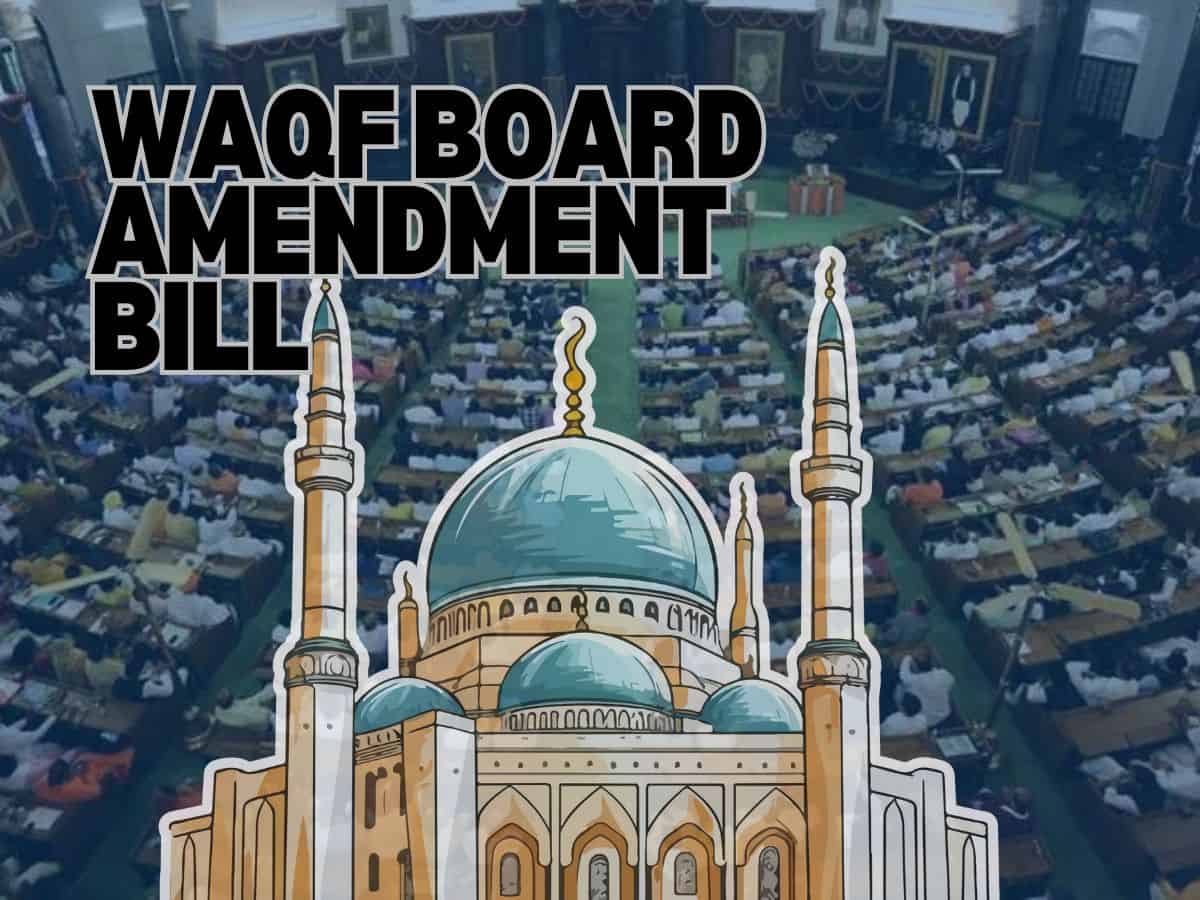
Amid the Opposition’s resistance, the NDA government has proposed 40 amendments to India’s Waqf Act. According to the Union government, the amendments shall ensure accountability and transparency in the country’s waqf boards.
The Waqf Act of India was first passed in 1954, which was later repealed and reinstated in 1995 by the PV Narasimha Rao ministry, to provide better administration to the Auqaf or Waqf. The Act defines waqf property as “the permanent dedication by any person, of any movable or immovable property for any purpose recognised by the Muslim law as pious, religious or charitable.”
The Waqf Act was further amended in 2013 during the second term of the Manmohan Singh government which gave autonomous power to Waqf boards to recognise and declare any property as waqf. The Waqf Act of India applies to Sunni, Shia, and other sects of Muslim communities in the country.
The proceedings from a waqf shall be used for various religious, pious and charitable purposes including running educational institutions, mosques, graveyards, shelter homes, orphanages, etc. The properties would be managed and supervised by a committee, consisting of members of the Muslim community, headed by a senior clergyman, called Mutawalli.
According to the Waqf Act, a property becomes waqf when the concerned board recognise it as a non-transferable asset which shall be only used for charitable acts.
In 2024, the Waqf Board of India was the third largest owner of properties in India after the Indian Railway and the country’s defence department, with the waqf board owning land of approximately 8 lakh acres, generating Rs 200 crores in revenue annually.
The new amendments tabled by the NDA government coincide with their preparations for Assembly elections in three states, Haryana, Maharashtra, and Jharkhand. The government’s claims for the need to bring accountability and transparency over the waqf properties follow legislative changes including the Citizenship Amendment Act, Anti-Conversion Laws, Muslim Women (Protection of Rights on Marriage) Act, etc.
Key Amendments to the Waqf Board Act
All waqf properties will now need mandatory verification with the various government departments over declaration as a new waqf property. They will now need to be registered at the district collector’s office. This will ensure more transparency and accountability towards the properties declared as waqf.
District magistrates to be involved in the decision-making over disputed land and other properties such as Waqf. This will effectively end the autonomy of Waqf boards over recognising properties with Waqf status. Inclusion of women to the Central Waqf Committee to ensure female representation in the composition of Waqf boards.
Opposition opposes Waqf Board Act Amendment Bill
While the Congress-led Opposition has vowed to oppose the bill at the Parliament, Kiren Rijiju, Union minister of minority affairs said that there has been a long-term demand from common Muslims, including women, to make the Waqf laws more transparent, efficient and inclusive, reported News18.
The All India Muslim Personal Law Board (AIMPLB) strongly opposed the move. While appealing to BJP’s allies in the NDA and other opposition parties to reject the proposed changes at the parliament, AIMPLB spokesperson Syed Qasim Rasool Ilyas said that any change in the Wakf Act which alters the nature of wakf properties or makes it easier for the government or any individual to usurp them will not be acceptable. “In all the decisions taken by the Modi government regarding Muslims, something has been taken away from them and nothing has been given.”
Hyderabad MP and AIMIM chief Asaduddin Owaisi also responded to the move saying the Modi government wants to snatch away the autonomy of the board and intends to interfere in it. “If you make amendments to the establishment and composition of the Waqf Board, then there will be administrative chaos and loss of autonomy of the Waqf Board. If the control of the government increases over the Waqf Board, then the independence of Waqf will be affected,” said Owaisi.



